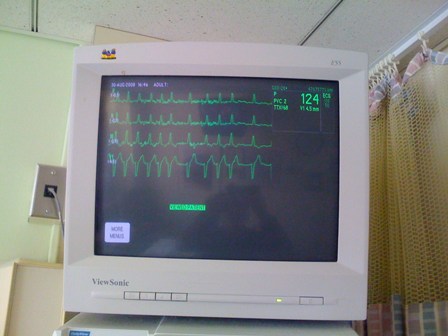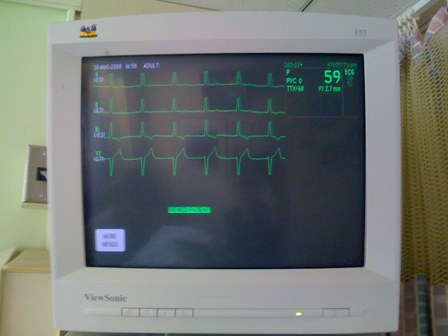Payroll tax holiday right up there for a tax cut!
Fiscal economic bank for the buck
One year $ change in real GDP for a given $ reduction in federal tax revenue or increase in spending
One year $ change in real GDP for a given $ reduction in federal tax revenue or increase in spending
| Tax cuts | |
| Non-refundable lump sum tax rebate | 1.02 |
| Refundable lump sum tax rebate | 1.26 |
| Temporary tax cuts | |
| Payroll tax holiday | 1.29 |
| Across the board tax cut | 1.03 |
| Accelerated depreciation | 0.27 |
| Permanent tax cuts | |
| Extend alternative minimum tax patch | 0.48 |
| Make Bush Income Tax Cuts permanent | 0.29 |
| Make Dividend and Capital Gains tax cuts permanent | 0.37 |
| Cut in corporate tax rate | 0.30 |
| Spending increases | |
| Extending UI benefits | 1.64 |
| Temporary increase in food stamps | 1.73 |
| General aid to state governments | 1.36 |
| Increased infrastructure spending | 1.59 |
| Source: Moody’s Economy.com |
[top]





